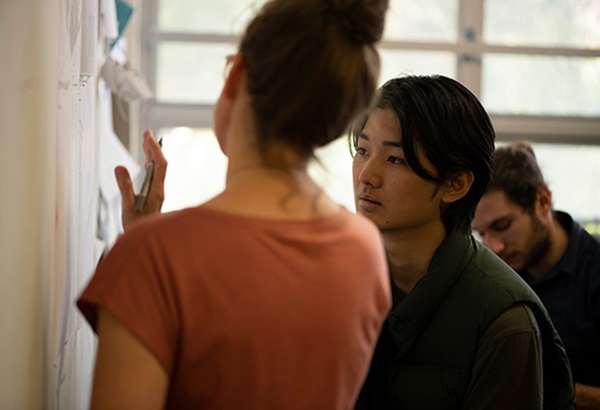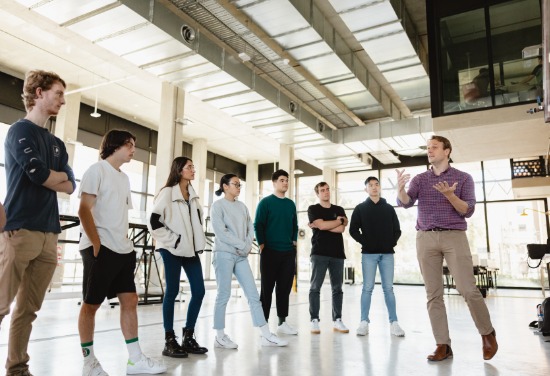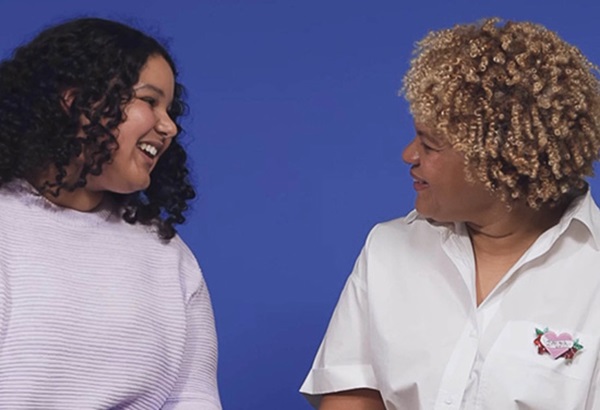It can be a little tricky figuring out which postgraduate degree is for you. That’s why we’ve done the work for you to clarify the differences between a coursework degree and a research degree, and where each could take your career.
The main difference between these two styles is coursework has classes and research has a thesis.
Postgraduate coursework: advanced classes
In a nutshell: An advanced continuation of undergrad-style learning
Choosing a coursework degree means you’ll attend lectures and tutorials, complete assignments and sit exams – just like your first degree. You’ll be taught discrete units that are part of a set program and at a higher academic level than your undergrad.
Coursework degrees aim to deepen your knowledge and enhance your undergraduate degree with postgraduate training, focusing you towards a specific profession. Alternatively, you can use your undergraduate degree to pivot and pursue a new area of study at postgraduate level.
For instance, you may have completed a Bachelor of Arts majoring in English and Japanese, then realised you’d like be a high school teacher, so you enrol in a Master of Teaching (Secondary).
Or perhaps you did a Bachelor of Science majoring in Engineering Science and after working for a couple of years, you now want to start your own business. Enrolling in a Graduate Certificate in Entrepreneurship and Innovation could get you there.
Also bear in mind, some coursework courses can involve a research element such as the completion of a minor thesis. This forms part of training your time management and written skills.
If you’re looking to complete a degree part time or solely online, you can find a postgraduate coursework degree to suit you. There are graduate certificates, graduate diplomas and master’s degrees, and we’ve explained the difference between these too.
Postgraduate research: independent thesis
In a nutshell: Solo research project to produce an original thesis
Taking on a postgraduate research degree provides you with the unique opportunity to follow your interest in an area of research and contribute to the field.
You’ll work on your own project, under the guidance of an academic supervisor who you have chosen, with the aim of producing, presenting and submitting a final thesis. This final thesis is the culmination of your original research and investigation – an original contribution to knowledge.
You can often undertake any project of your choosing, as long as you can find a supervisor to connect with. Once you’ve found a potential supervisor, meet with them to discuss your project proposal and see if they agree to supervise you.
If you’re interested in completing a PhD or are thinking about a career in academia, a research degree is a popular decision. This type of study enables you to demonstrate your capacity to conduct research independently and form a distinct contribution to an area.
So what’s ‘honours’, then?
Honours is the opportunity to extend your undergraduate degree by a year – a sort of bridging year between undergrad and postgrad. The benefit is setting yourself apart from other undergraduate grads, as employers value the skills gained from the independent research project you’ll complete.
Honours is reserved for students who demonstrate strong academic performance in their final-year units. You may be invited to consider honours or you can apply directly. Students considering a research master’s or PhD are strongly encouraged to complete an honours year as a research training exercise and a taster of what’s to come in the research life.
Still can’t decide? See what some of our coursework and research graduates have to say.







